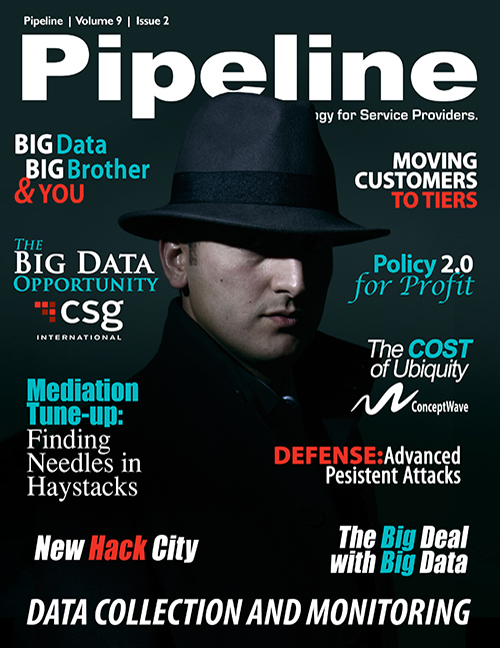Big Data, Big Brother, and You
Currently, the FBI operates the Digital Collection System Network (DCSNet), a point-and-click wiretapping platform that can perform instant surveillance on any device in the U.S. It's like TiVO for spooks. At inception in 2003, the platform ran on Sprint's Peerless IP fiber network, which is immune to attack as it is not connected to the public internet. In 2007, news broke that the FBI had contracts with AT&T, MCI, and Verizon. Several large-scale telecom hardware vendors provide the monitoring apparatus used for the FBI's data collection efforts. Disturbingly, the EFF has discovered that some of these same vendors provide hardware to repressive regimes (Egypt, China, Oman), and their use has a decidedly negative impact on human rights.
The NCS, on the other hand, collects data all over the world, and operates several data centers across the United States where the aggregate data is stored. Today, the crown jewel is being built in Utah: a $2 billion data center in Bluffdale, due to be completed in September of 2013. So what kind of tech does $2 billion buy in the desert?One Data Center to Rule Them All
Few adjectives capture the magnitude of the NSA's latest data center build in Utah. Situated on a 240-acre site, the Bluffdale facility's footprint will stretch 1 million square feet, twice the size of the US Capitol Building and 18 times larger than the White House. The goal of the facility is to collect, "all forms of communication, including the complete contents of private emails, cell phone calls, and Google searches, as well as all sorts of personal data trails—parking receipts, travel itineraries, bookstore purchases, and other digital “pocket litter,” says NSA expert James Bamford.





















